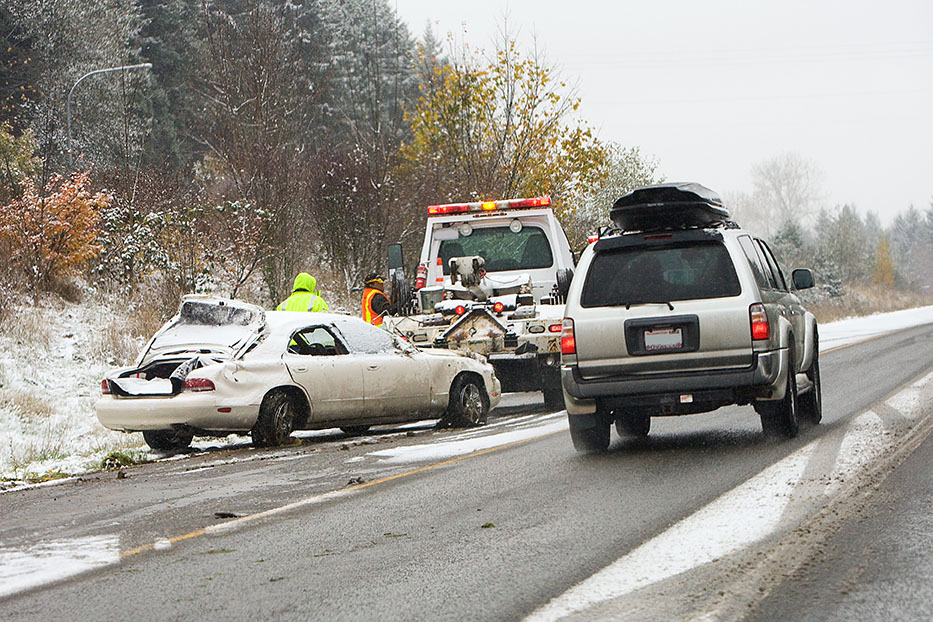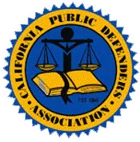Each year, approximately 22 percent of all vehicle collisions in the United States are attributed to inclement weather conditions such as rain, snow, and high winds. Winter activities of all kinds can lead to unwanted auto accidents. Knowing the dangers of winter driving can go a long way to preventing accidents on the road.
Limited Visibility
Heavy rainfall, fog, blowing snow, and debris can affect a driver’s ability to clearly see the road and possible obstructions. Without proper experience, a driver’s capability to safely operate their vehicle may be affected. Traffic speeds are also reduced when visibility is limited, often leading to delays and accidents.
Lane Obstruction & Submersion
Winter driving conditions can also cause problems with vehicle stability and performance. During inclement weather, roads can be obstructed by wind-blown debris, and rock or mud slides. Road submersion is common with flooding and just six inches of water may cause drivers to lose control of their cars. Many cars will start to float in just one foot of water and two-foot depths can sweep away even larger vehicles.
Pavement Friction
Heavy rain with poor drainage is a common cause of NorCal accidents because pavement friction is greatly reduced. A vehicle can hydroplane when a large amount of surface water causes the vehicle’s tires to lose contact with the road. Ice will also decrease a car’s contact with the road. Caused by sleet and the refreezing of moisture, black ice is even more dangerous because it is nearly transparent and invisible to drivers.
Reduced Speeds
The presence of ice and snow can reduce vehicle speeds up to 25 percent on wet pavement and from 30 to 40 percent when slush or snow is present. In foggy conditions, drivers need to slow to account for low visibility. Gridlock is also common in urban areas because traffic signal timing does not change to account for lower vehicle speeds. Slower speeds actually increase the likelihood of vehicle collisions because drivers are not expecting to encounter slow or stopped traffic.
Mechanical Trouble
Engine trouble or collisions may leave disabled vehicles on the roadside or even blocking the road. Engines can stall in high water levels because it can be sucked into the exhaust or wash into the air intake. Vehicle batteries use more power when starting up and the driving range for electric vehicles is reduced in cold weather.
Vehicle collisions during the winter months are more likely, but they can be avoided. Whether the roads are icy and wet or traffic is slow there are preventative measure drivers can take. Experience, preparation, caution, and vehicle maintenance can reduce the likelihood of accidents during inclement weather.








